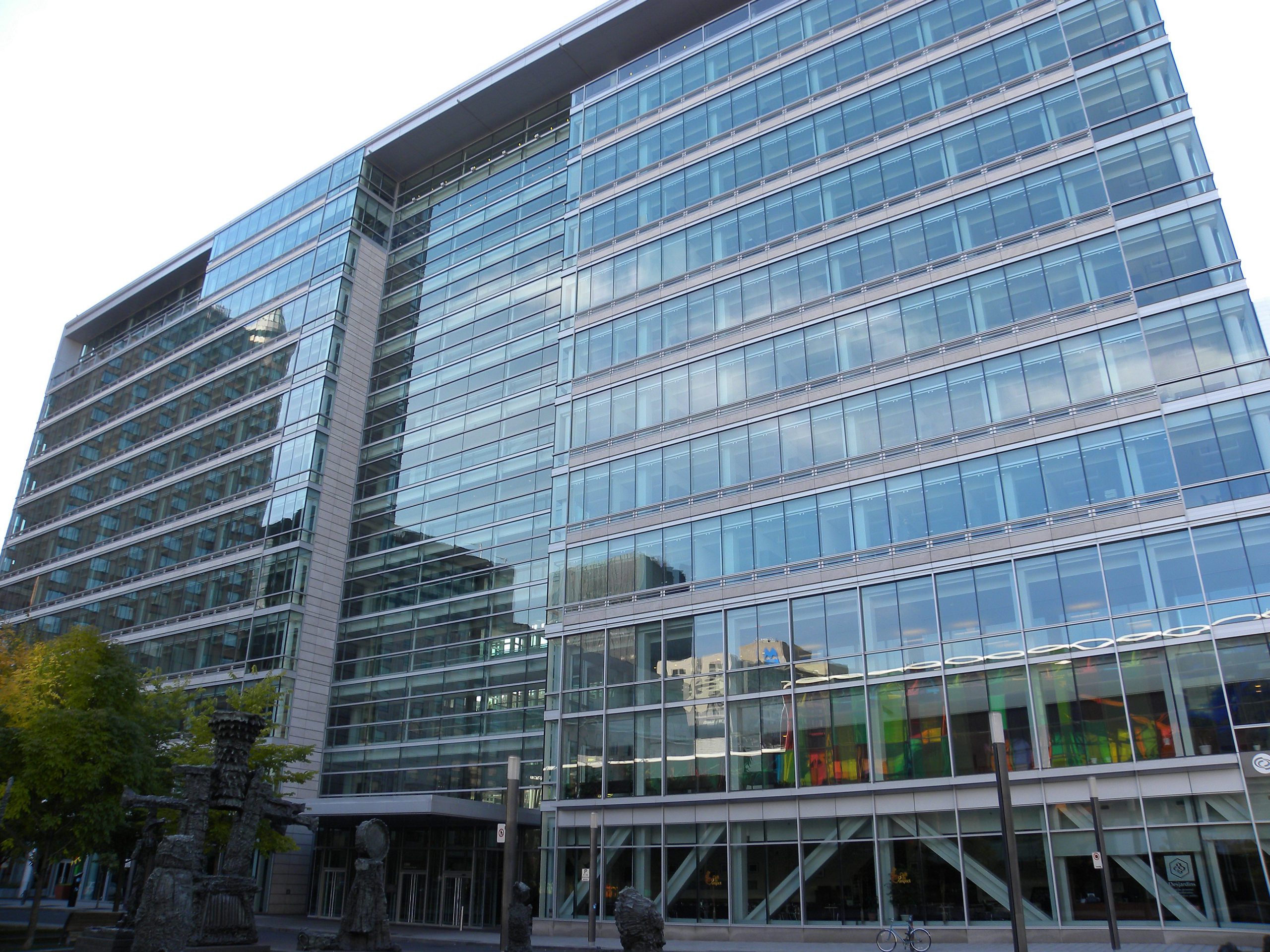
This article originally appeared in the Financial Post. Below is an excerpt from the article, which can be read in full here.
By Jack Mintz, August 29, 2022
Investors know it has been a tough market so far this year. They can take some solace from the fact that pension funds have also taken a hit in their returns. As of June 30, Canada’s four big public pension funds — CPP Investment Board, Caisse de dépôt et placement du Québec, Ontario Teachers Plan and Ontario Municipal Employees Retirement System (or CPPIB, CDPQ, CTP and OMERS) — had incurred $53.4 billion in losses. Of the four the Caisse did worst, with a minus 7.9 per cent return on its portfolio (see table).
Pension funds have done well over the years so their recent difficulty is far from being a crisis. On the other hand, governments meddling in financial markets may turn this year’s lackluster results to be repeated down the road.
Pension funds have shifted strongly to long-term investments in private equity, infrastructure, and real estate. Illiquid assets like these provide good returns — they have to in order to cover their higher risk and management costs. Given their tax-exempt status, pension funds load up on target companies by holding debt rather than equity, thus eliminating corporate tax payments and giving them an advantage over taxable rivals in acquisition markets. This distortion costs federal and provincial governments over a billion dollars a year in revenues.
***TO READ THE FULL ARTICLE, VISIT THE FINANCIAL POST HERE***





